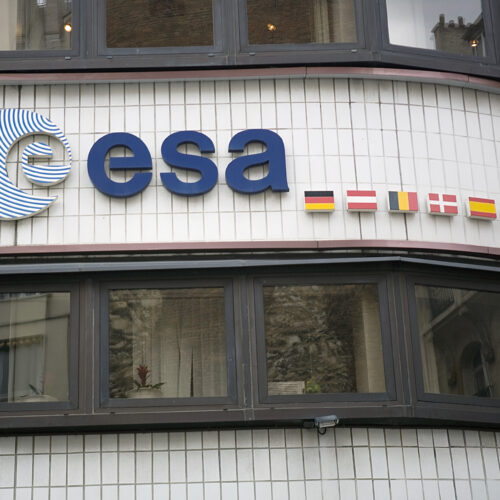Watch Vega-C Rocket Make a Long-Awaited Return After 2022 Disaster [Update]

The European rocket lifted off for the first time in 2022, but a troubling motor issue led to a mission failure.

A system of non-competition clauses enforced by the European Space Agency’s (ESA) workforce suppliers is allegedly trapping aerospace professionals who work at ESA’s facilities across Europe in a professional dead-end street. Their contracts prevent job mobility and the possibility to earn better pay, a large number of contractors have alleged to Ars Technica. And as nations that host ESA facilities have enacted laws that give some contractors greater rights, the ESA itself has adopted a policy that will shift more of its indirect employees to service positions, which would not be protected by these laws.
When asked about these issues, an ESA spokesperson said there are “employment conditions in which ESA is not to interfere” and that non-competition clauses “remain within the remit of the employer and the employee.”
The European Space Agency, Europe’s version of NASA, is an intergovernmental organization comprising 22 member states. With facilities in six European countries, the agency relies on contractors—scientists, engineers, and admin workers—hired through payroll companies. These contractors, who work alongside ESA’s staff on the agency’s space projects, constitute over half of the agency’s workforce, according to available estimates.


© LOIC VENANCE/AFP via Getty Images
